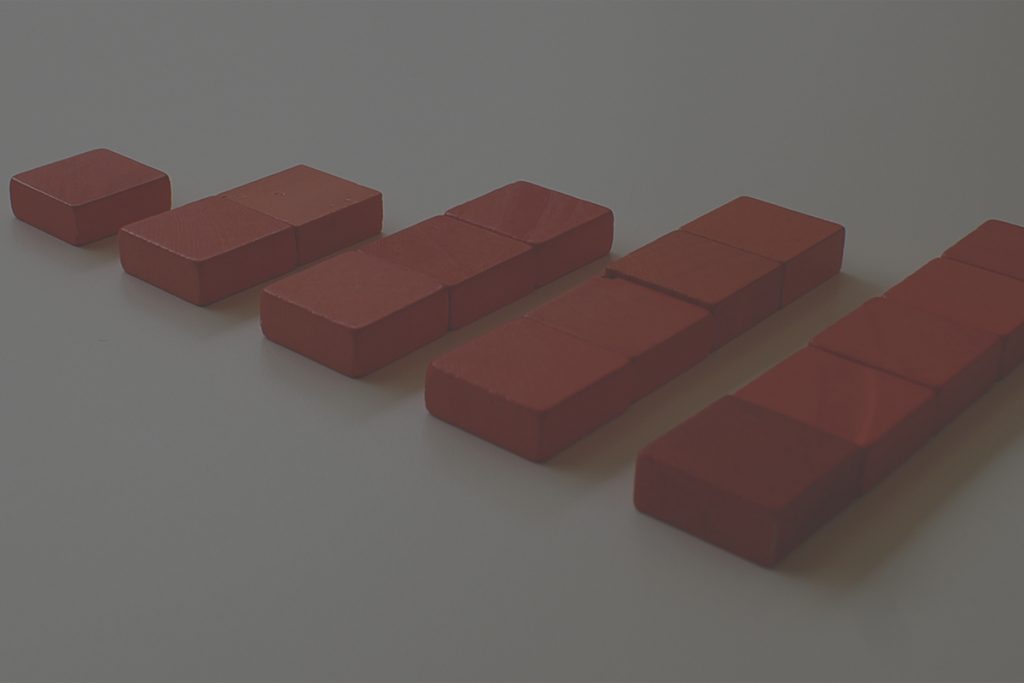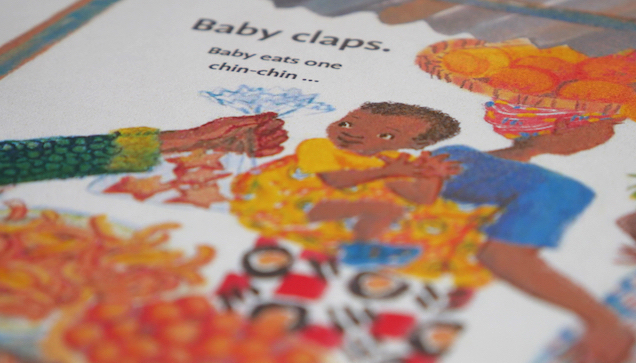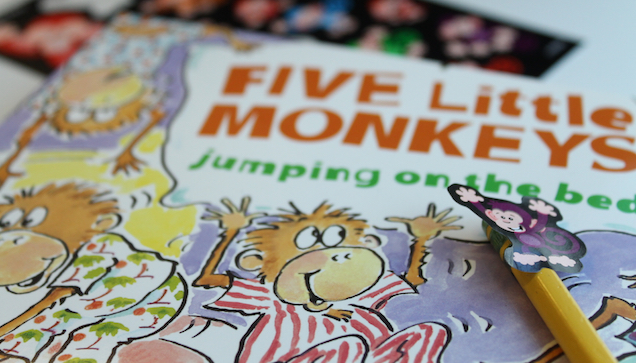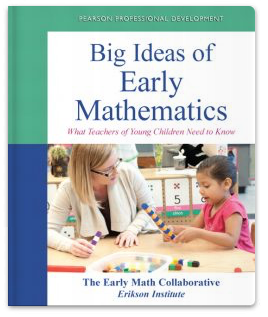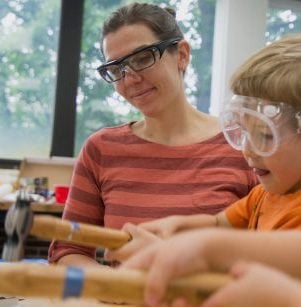Books
Children in a math-rich early childhood environment will have many experiences with counting, including having early learning and preschool counting books that explore the Big Ideas. By focusing book choices so that they illustrate the central concepts, talking about counting can be part of a healthy routine of meaningful activities that help children develop a useful sense of what counting is.
